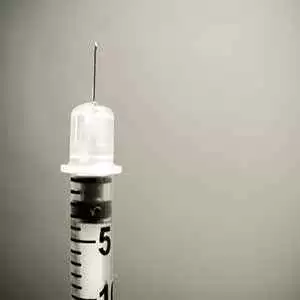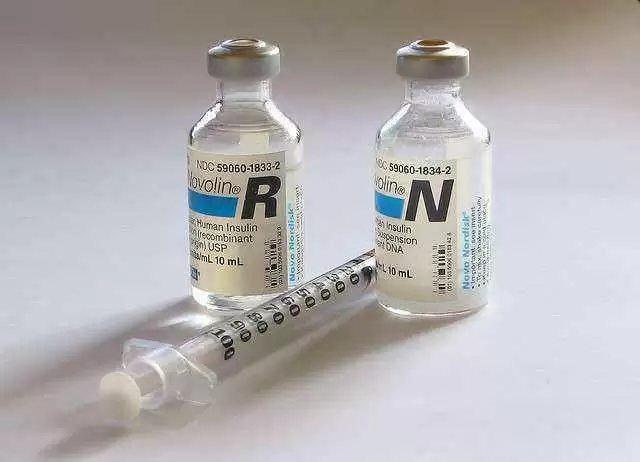
Celiac.com 07/07/2010 - There is mounting evidence that people with Type 1 diabetes are at high risk for celiac disease. Even with that knowledge, it is estimated that 97% of people with celiac disease go undiagnosed, which begs the question, "should there be routine screening for celiac disease in those with type 1 diabetes?" Dr. Speiser and Dr. Rosenzweig explore the question the further.
Doctor Phyllis Speiser, Chief of the Division of Pediatric Endocrinology at North Shore-Long Island Jewish Health System in New Hyde Park, New York explains her stance in an interview with Medscape Diabetes and Endocrinology. Doctor Speiser notes that even at her institution there is a vast spectrum of varying opinions among pediatric endocrinologists regarding when and how to screen for celiac. Dr. Speiser believes that more awareness of celiac disease needs to occur, especially pertaining to atypical celiac patients, or those that do not exhibit any obvious signs of celiac disease.
Celiac.com Sponsor (A12):
According to Dr. Speiser, research has shown that the prevalence of celiac disease in patients with diabetes (both autoimmune diseases) is considerably higher, from 1%-16%, compared to the general population, from 0.3% to 1%. Moreover, when undiagnosed celiac disease can lead to secondary complications, including; stunted growth, weight loss, and bowl malignancy.
Dr. Speiser and her coauthors studied the medical records of 532 consecutive patients with type 1 diabetes who were evaluated at some point between over a 3 year period by the Pediatric endocrinology division of her institution.
Within 3 months of receiving a type 1 diabetes diagnosis, 493 patients were screened for celiac disease. Upon initial testing, 5.1% the patients with Type 1 diabetes were seropositive for celiac disease. Of those 11 patients, 44% were shown to have biopsy proven celiac disease. Of the other 94.9% of the subjects that tested seronegative for celiac on their initial screening, 5.4% were given a second screening. After being diagnosed with type 1 diabetes at least 5 years prior, one of those patients had biopsy-proven celiac disease.
Twelve of the type 1 diabetic patients that had biopsy-proven celiac disease were placed on a gluten-free diet. It is interesting to note, that approximately 58% of the patients with biopsy proven celiac, had been diagnosed for longer than a year, and up to 10 years after their type 1 diabetes diagnosis.
Additionally, there were no reports from type 1 diabetic patients with biopsy-proven celiac disease reported gastrointestinal symptoms prior to receiving a confirmed celiac disease diagnosis. Dr. Speiser emphasized the importance of early screening stating that this finding “underscores the importance of not delaying screening for celiac disease until overt GI symptoms present”. Furthermore, based on her study, Dr. Speiser recommends screening for celiac disease as soon as a patient is positively diagnosed with diabetes.
Dr. Speiser further stresses the importance of frequency in testing for celiac in diabetic patients. According to Dr. Speiser, some patients don't develop celiac for many years after receiving a diabetes diagnosis. Therefor, Dr. Speiser recommends celiac screening once a year for patients with diabetes. Dr. Speiser notes that while celiac disease is often asymptomatic, symptomatic hypoglycemia often occurs in type 1 diabetic patients withing 6 months of receiving a positive celiac diagnosis.
Doctor James L. Rosenzweig, an endocrinologist and associate professor of medicine at Boston University School of Medicine in Massachusetts, confirms that there is a well-known connection between type 1 diabetes and celiac however, he believes more studies are needed before he is convinced that more celiac screenings for pediatric diabetics. are necessary. Dr. Rosenzweig said in his interview that more tests require more money, and the cost of screening for celiac can really add up.
While screenings for celiac may be expensive, the cost of medical bills for secondary medical problems as a result of undiagnosed celiac disease can be exorbitant, and possibly life threatening. At this juncture however, it is still a patients responsibility to advocate for themselves where celiac screenings are involved.
Source:
- Open Original Shared Link.








Recommended Comments
There are no comments to display.